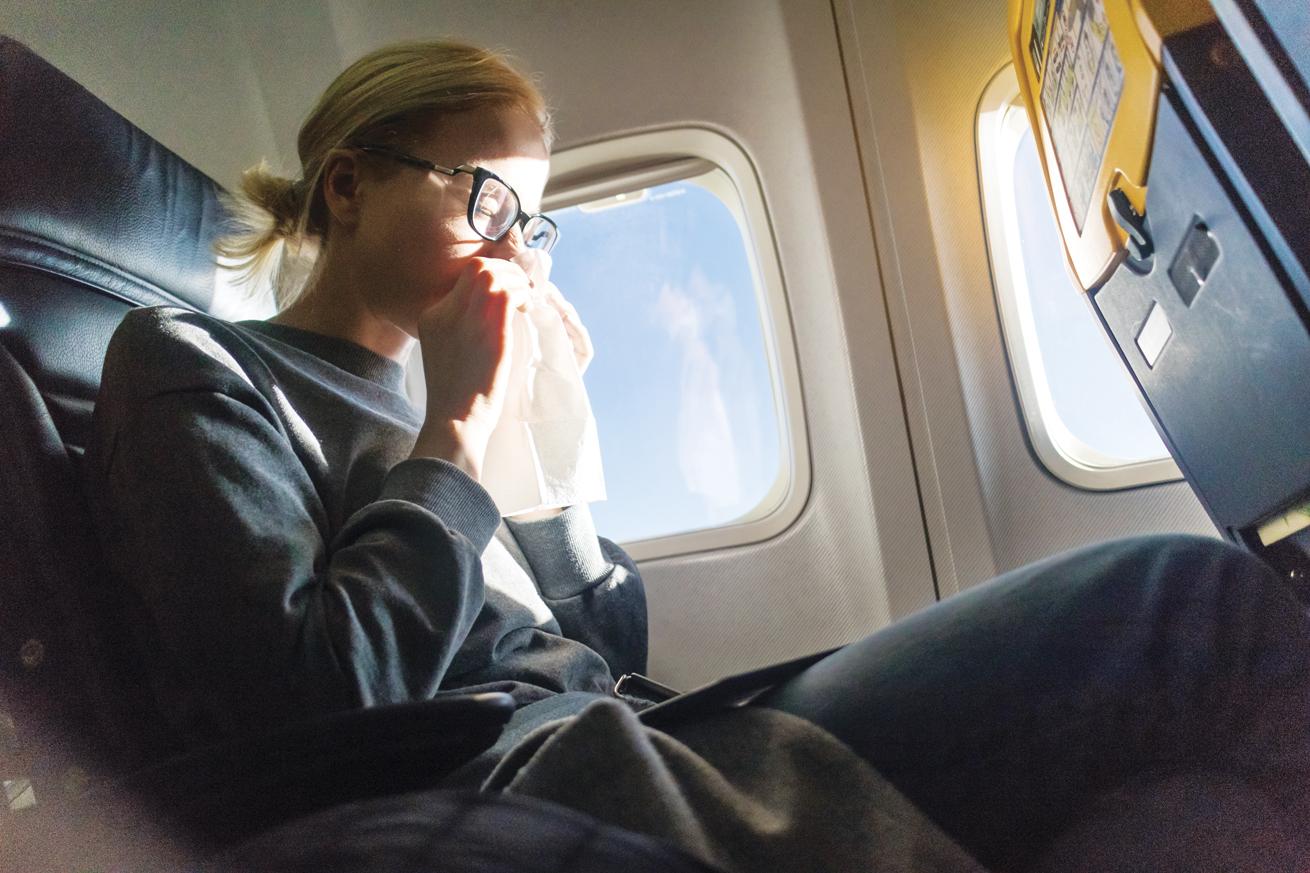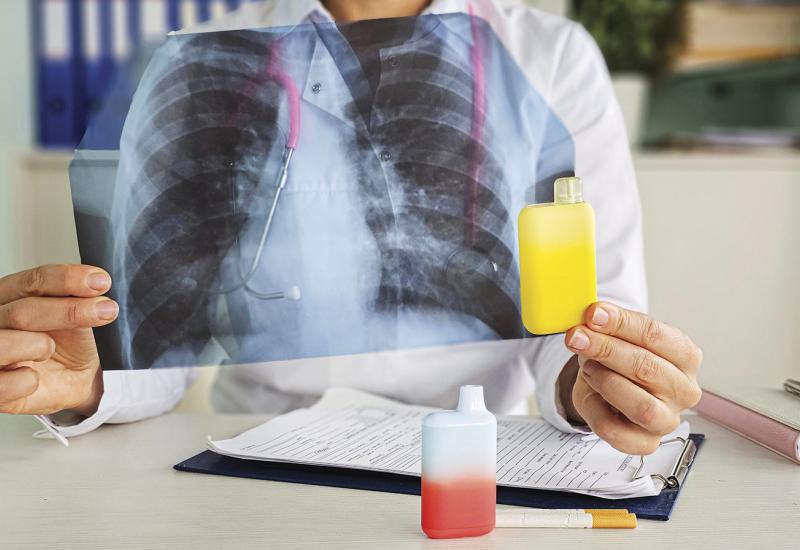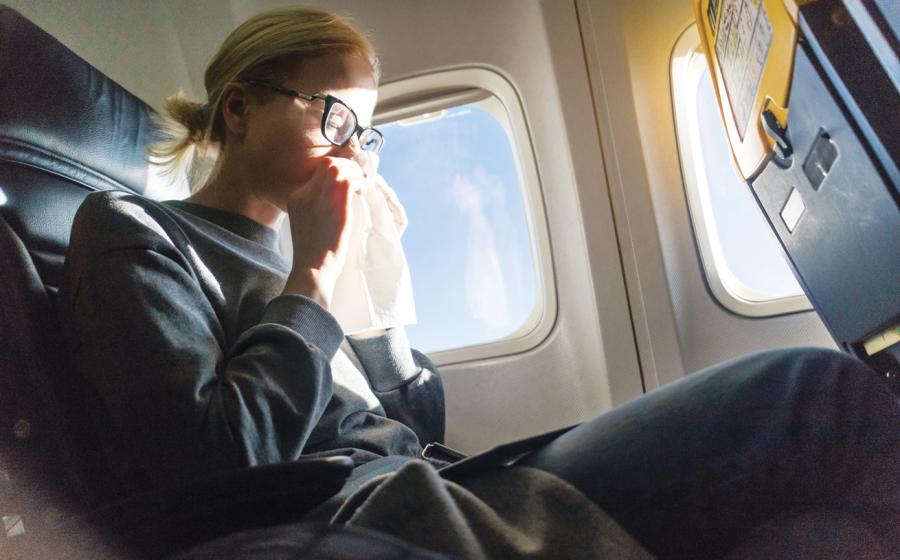How to Travel Abroad Without Getting Sick

Shutterstock/ Matej Kastelic
Nothing ruins a dive trip like getting sick. Whether it’s gut issues, a respiratory illness or even malaria, listening to your dive buddy talk about the biggest shark they have ever seen when you had to sit out the dive and recover in a hotel room is a bummer. Luckily, there are a few steps you can take to reduce the likelihood of falling ill while traveling abroad. I’ll walk you through how I prepared on my recent trip to Mexico.
Related Reading: Trending Dive Spots: Magdalena Bay, Mexico
Know Before You Go
After calling up my dive buddy and booking my flights and lodging, I opened the Centers for Disease Control’s Traveler’s Health portal to find up-to-date health notices for Mexico. These notices include the status of any disease outbreaks, vaccination/prophylaxis guidelines and general travel tips such as packing lists, outdoor safety tips and how to get medical care should you need it while abroad.
The CDC strongly recommends that you check the vaccine and medications list for your destination and visit your doctor at least one month prior to leaving. All routine vaccinations as well as some specific to each country or region are highly recommended. It is important to visit your doctor at least one to two months prior to departure because immunity takes some time to develop after a vaccine is administered. If your regular physician is not available, there are many travel clinics that can help you prepare.
If you have any medical conditions, be sure to discuss them with your physician. Medical care in other countries may not be as robust as at home so you should ensure that you have access to prescription medications and an adequate medical facility when abroad.
In my case, the part of Mexico I visited was experiencing low levels of dengue and malaria transmission that did not require medical prophylaxis. However, because I wanted to enjoy the amazing street food without getting sick, I needed to get a booster of my typhoid vaccine.
In-Country Precautions
While vaccines and prophylactic medications are extremely effective, there is still a possibility of getting sick. In addition, there are many diseases that do not yet have effective vaccines. Taking some general precautions is still a good idea to avoid falling ill.
Diseases transmitted by insects and animals are known as vector-borne diseases. By reducing exposure to these vectors by using bug repellent, bug nets and long-sleeve clothing, we can greatly reduce transmission of diseases. Malaria, yellow fever and dengue are just a few examples of serious illnesses that can be prevented by controlling for vectors.
Not all diseases are transmitted by vectors. Some diseases are transmitted via contaminated food and water or via aerosols. These include typhoid, cholera and respiratory illnesses like influenza and COVID. Precautions such as frequent hand-washing, cooking food fully, and wearing masks in places with poor ventilation are great practices.
In Mexico, these preventive actions included applying bug spray when I applied my SPF, washing hands when soap and water were available (and carrying hand sanitizer with at least 70 percent alcohol when not), and wearing a mask on the flight and in tight quarters.
Related Reading: What Happens When You Vape and Dive
Vigilance at Home
Hopefully at this point, you’ve enjoyed a few days of exciting diving and great food and are ready to return home with amazing memories. Although you may be tempted to let your guard down, it is important to know that some infections may not manifest until long after you’ve returned from your trip. Should you need to reach out to your physician, please let them know about recent travel history as this can be extremely helpful for diagnosis.
Additional resources are available on the CDC’s website, in publications such as the CDC’s Yellow Book and DAN’s Travelers Medical Guide, and don’t forget that DAN’s emergency hotline +1-919-684-9111 is staffed 24/7/265 in the case of emergencies!










